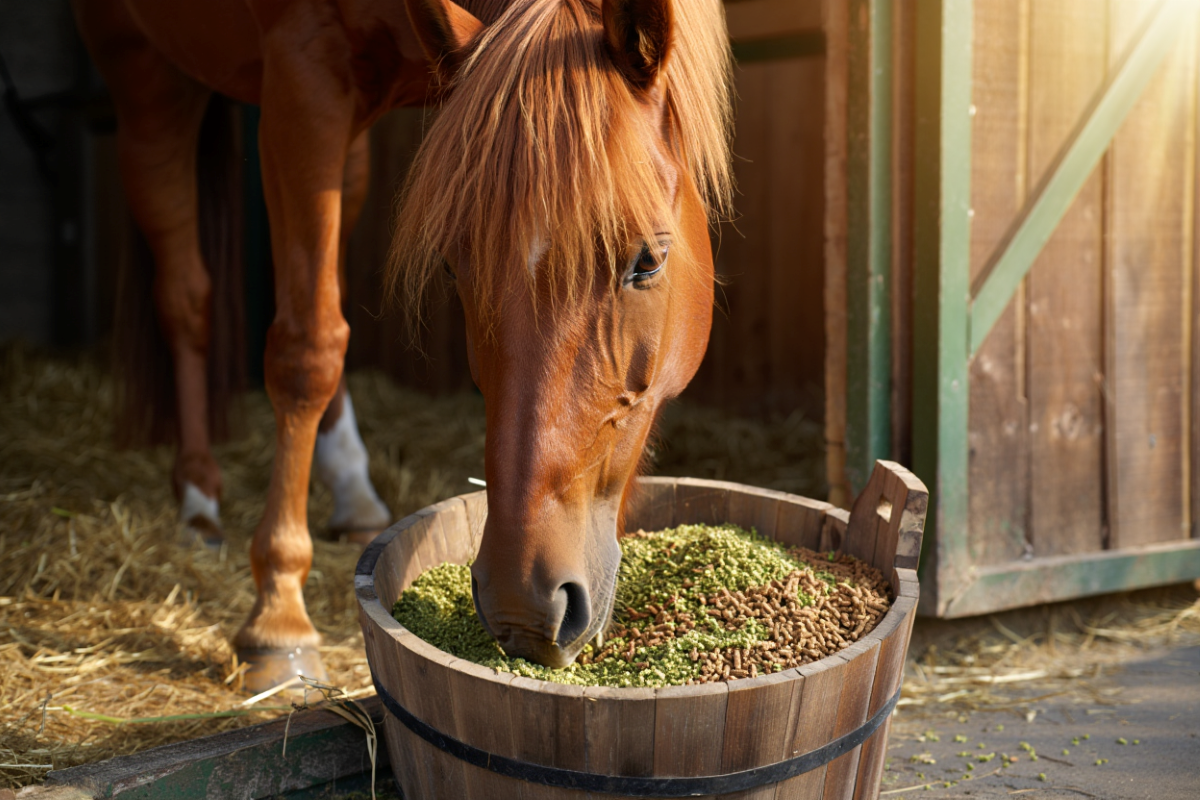When it comes to maintaining a healthy, balanced diet for your horses, selecting the right forage is one of the most critical decisions a horse owner, breeder, or trainer can make. While traditional forage options like baled hay have long been the go-to, more and more horse caretakers are turning to timothy pellets for horses
READ MOREAuthor: The Greenway Team
Alfalfa: Choosing the Right Cut and Blend for Optimal Nutrition
When it comes to horse-related care, few aspects are as critical as nutrition. Proper feeding is the cornerstone of health, vitality, and performance for equines, whether they’re grazing in a pasture, training on the track, or enjoying leisurely trail rides. Among the many forage options available, alfalfa stands out as one of the most nutrient-dense
READ MOREAlfalfa Products You Didn’t Know Your Horse Could Benefit From
When it comes to equine nutrition, one of the most overlooked yet highly beneficial components is alfalfa. Rich in protein, calcium, and digestible fiber, alfalfa is more than just another animal feed option—it’s a powerhouse forage for horses when chosen and administered correctly. While many horse owners are familiar with the typical uses of alfalfa
READ MOREBuying Bulk Alfalfa: How to Ensure Quality and Avoid Spoilage
When it comes to nourishing your horses, the quality of forage matters. Bulk alfalfa can be an economical and convenient option, especially for large-scale operations or committed horse owners. However, buying in bulk introduces unique challenges, the chief of which is ensuring consistent quality and avoiding spoilage. Understanding the Value of Alfalfa Alfalfa is a
READ MOREForage: How to Balance It with Concentrates
Proper equine nutrition is the cornerstone of a healthy, thriving horse. When planning a feeding regimen, balancing forage with concentrates is essential for ensuring your equine companions receive the nutrients they need to perform, recover, and live long, healthy lives. Whether you’re managing a stable of elite performance horses or caring for a beloved trail
READ MORE



